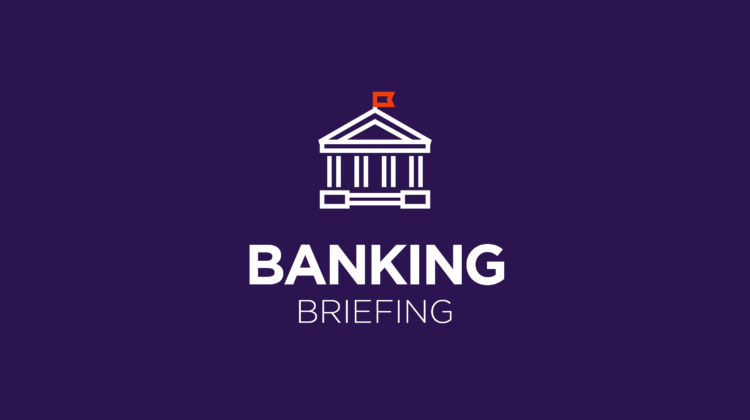Member Exclusive, New banks
Banking Briefing: Can Russia use crypto to get past sanctions?
- There’s been a lot of concerns about Russia using crypto to get past sanctions.
- But it turns out that using crypto to make up for lost revenue may not be so easy.








